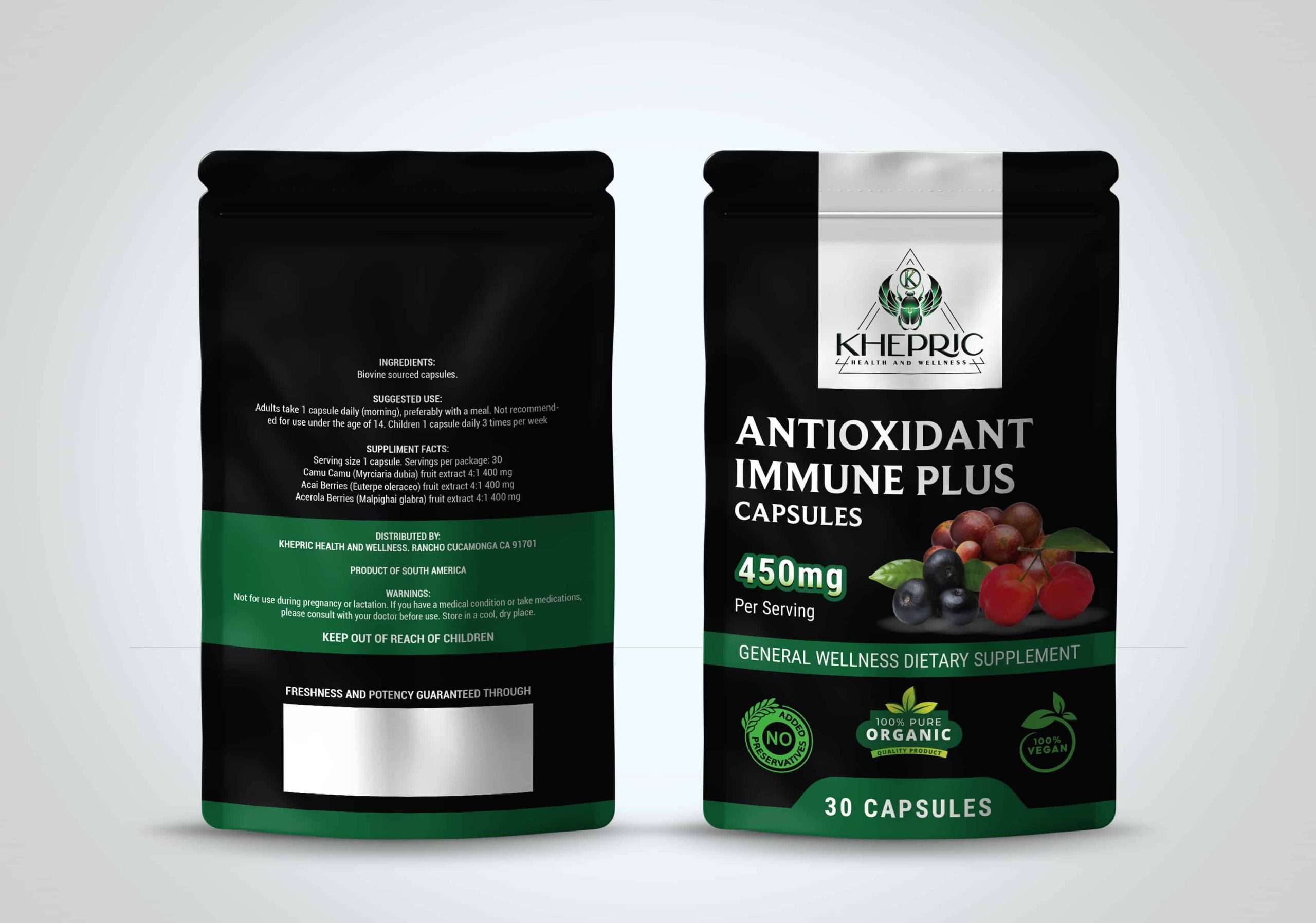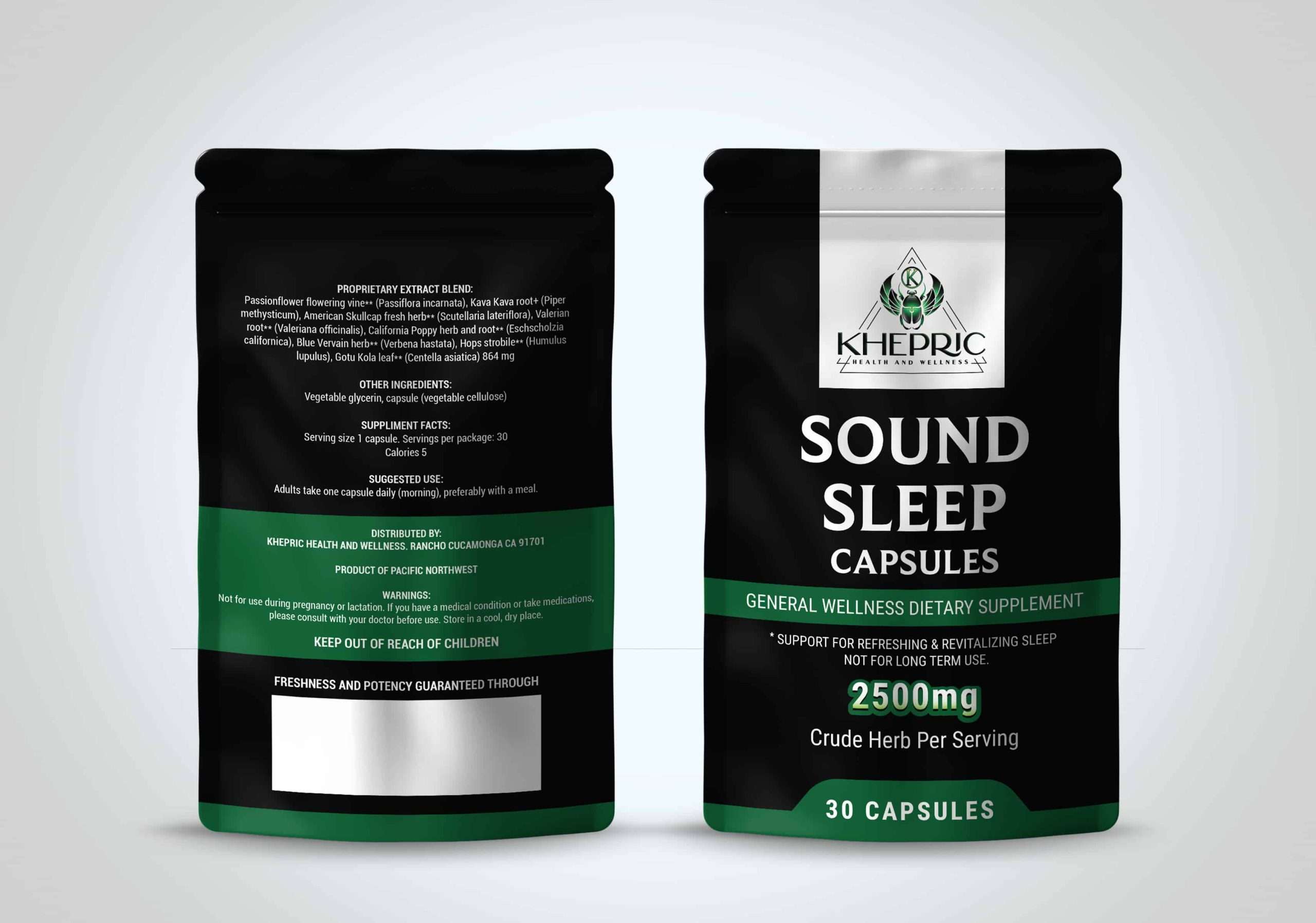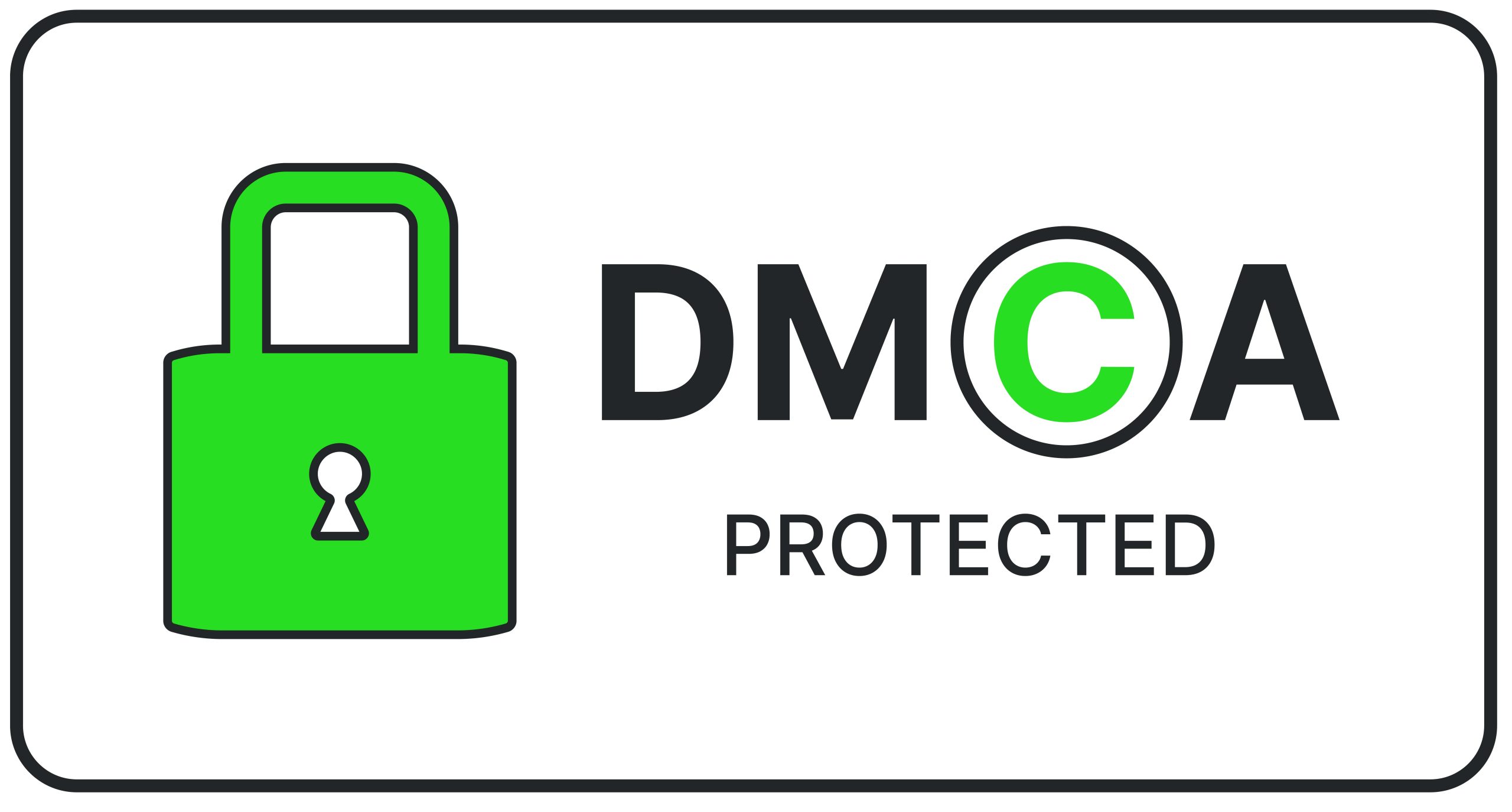
Tips To Improve Your Heart Health And Immune System
Hippocrates, the “Father of Medicine,” called the elder tree his “medicine chest.” The berries and flowers of elderberry are packed with antioxidants and vitamins that
Free Shipping On All Domestic Orders

Headaches and migraines are of multiple types. According to research, there are over 150 types of headaches. Each one has different causes, symptoms, and treatments. However, the only thing that connects headaches and migraines is that they hit the same part of the body, i.e., the head. Headache is a broader frame, while migraine is a specific type of headache.
Migraine pains are usually throbbing or a pulsing sensation on either side of the head. Accompanied by nausea and extreme sensitivity to light and sound, migraines are an excruciating type of headache to experience. Around 12% of women are affected times thrice as men are affected.
Headaches can be caused by many reasons. Headaches are caused by a chemical imbalance in your head, while some can be triggered by certain foods or drinks. Stress, burdens, skipped meals, change, lack of sleep, alcohol, etc., are all common causes of usual headaches.
Symptoms of migraine:
This headache is usually found in children, teens, and adults. A Migraine typically has four different stages where you find detect it.
Stage 1: Pro-drome
It’s a stage before a migraine hits you. Not hours but days. You might feel the enlisted symptoms of a migraine:
Stage 2: Aura
This is only for some people who get a warning sign that helps them prepare for the problem. The Aura is basically a symptom that shows up hours before the migraine. This may include vision disturbance for some people, while some might witness difficulty in speech. The following symptoms are expected before a migraine hits:
Stage 3: Attack
On a maximum, a migraine lasts from 4 to 72 hours! That’s a lot of time in vain. However, the number of migraines in a while varies from person to person. During the attack, you are likely to feel:
Stage 4: Post-drome
After the attack is over, most people feel completely drained. While some people still feel sensitive even after the attack is over. Specific sudden movements of the head might trigger the pain again.
Herbal Remedies to get over Migraines:
Herbal remedies are the techniques used to heal the sick even before the time of medicines. These herbal remedies are indeed natural but need to be tested thoroughly tested. However, make a habit of discussing herbal remedies with your health doctor and take proper cautions before using these.
Being safer and natural, unlike medicines, many herbs treat migraines quite effectively. Some of these are listed below:
Tanacetum Parthenium:
This sounds like a chemical compound, but it is commonly known as ‘Feverfew”. This was first used in Greece when people took the herb to cure headaches and pains in the first century. Feverfew is found to treat
However, pregnant women, those allergic to daisy plants, and people taking medication to thin out blood are suggested to avoid this herb.
Peppermint Oil:
Peppermint Oil is banned in some countries like the U.K. and Germany for some reasons. But some studies have shown that peppermint has a significant component, i.e., methanol, which is also available in liquid capsules.
Peppermint has always been an excellent option to culminate migraines, yet the most straightforward and accessible herbal solution to headaches.
Herbal teas:
There are many types of herbal teas. Some are caffeinated, while some have effective ingredients that ease many health issues. Caffeine is an active element to treat headaches. Green herbal teas were introduced to help people cure and prevent diseases. Not just in teas, but caffeinated coffees got a new hype in the Arabs.
Caffeine might cure headaches, but withdrawal from it can be a cause of headaches and migraines too. For that cause, herbal teas were introduced with ingredients such as Chinese or wild ginger, Rosemary, turmeric, peppermint, horsetail, Dong Quai, etc., which are all highly beneficial to stubborn headaches and migraines of severe levels.
A complete range of herbal teas for various purposes like detox, calcium, anti-viral, high blood pressure, anti-oxidant, etc., are available at Khepric. You can order yours now from the website.
Coriander seeds:
With a wide range to treat diseases, coriander seeds have been used as a cure and for seasoning purposes for a long time. When scientists have proved that coriander seeds are a source of treatment for headaches, allergies, and even diabetes, people often use coriander seeds to get rid of sinuses.
Headaches caused by sinus are severe. These can be treated by adding coriander seeds into hot water and inhaling the steam. They can also be consumed in foods, teas, or even chewed raw.
Lavender oil:
Lavender oil is almost everyone’s favorite. It not smells good and lets you have a sound sleep but also reduces migraines and headaches to an excellent extent. Growing along the mountainous Mediterranean, the lavender plant is aromatic and used in large amounts for making perfume hygiene products.
A study conducted in 2012 found that only by inhaling lavender oil while having a migraine attack can some major relives be observed instantaneously. It has antimicrobial properties that clean up the respiratory tract and treat everything from insomnia to headaches.
Rosemary:
Another herb grown in the Mediterranean is Rosemary, which people use as a dried herb in foods or even fresh for garnishing. The medical benefits of Rosemary are that it treats pains throughout the body, especially:
And the list goes on further.
Conclusion:
You must have a proper and balanced diet to prevent and treat headaches and migraines. To reduce the frequency of headaches and migraines, you must consume a low-fat diet, eating consistently and limiting untimely munching and snacking habits.

Hippocrates, the “Father of Medicine,” called the elder tree his “medicine chest.” The berries and flowers of elderberry are packed with antioxidants and vitamins that

An average person spends one-third of their life sleeping, especially in America. With the fact that almost everyone in the States reports facing difficulty sleeping

Depression is common in almost everyone in the world. Nearly 7% of American adults have depression each year. It is a medical condition that affects

